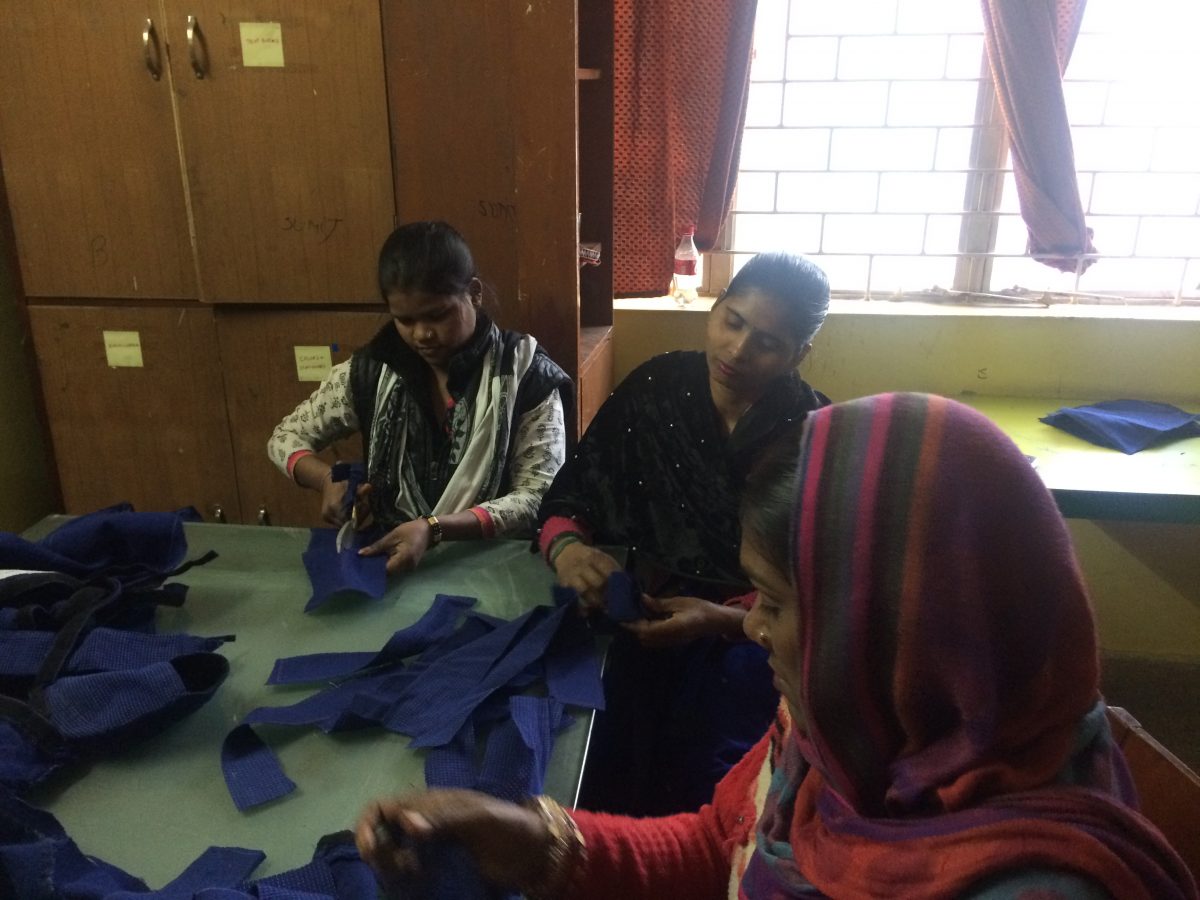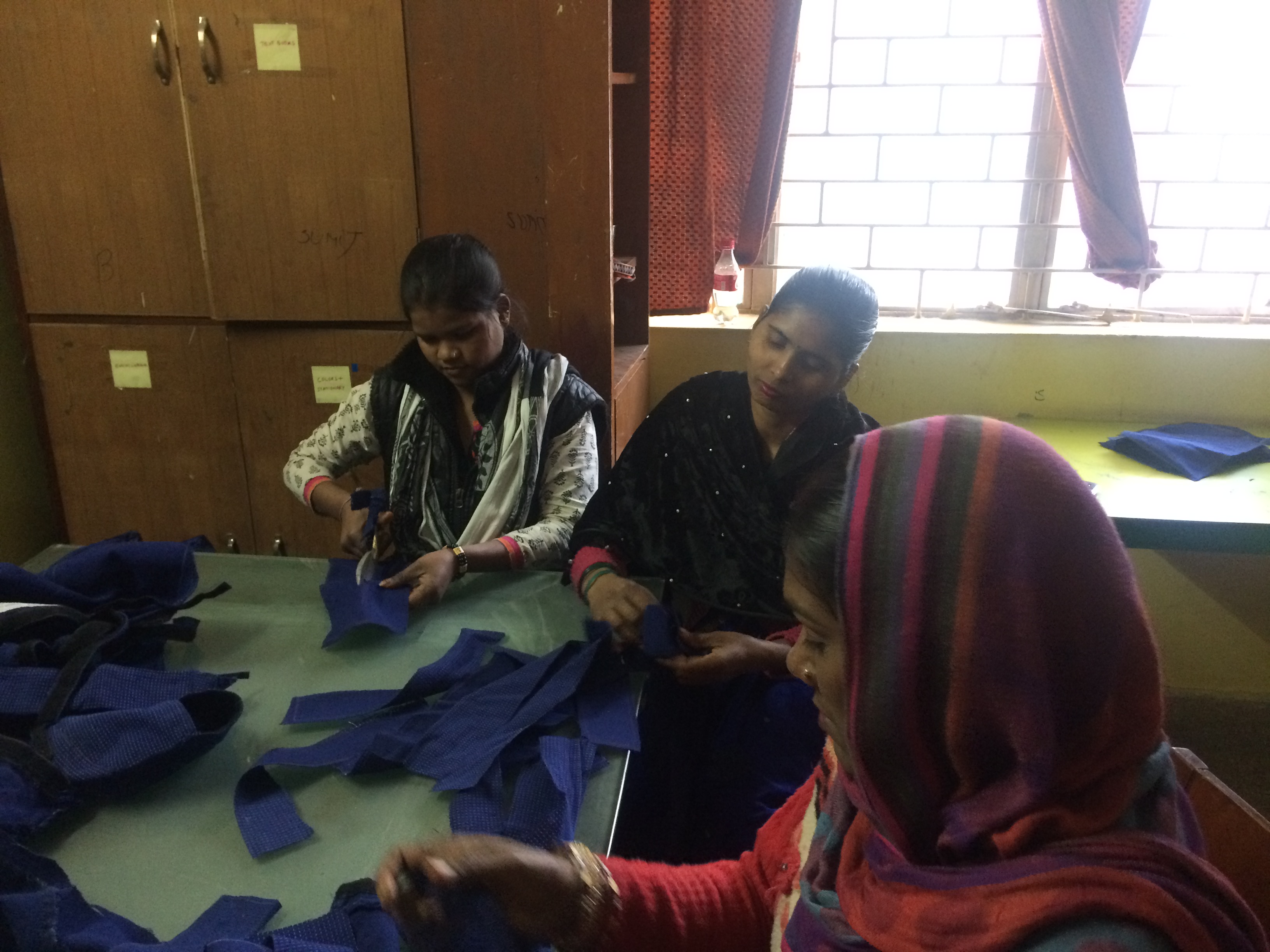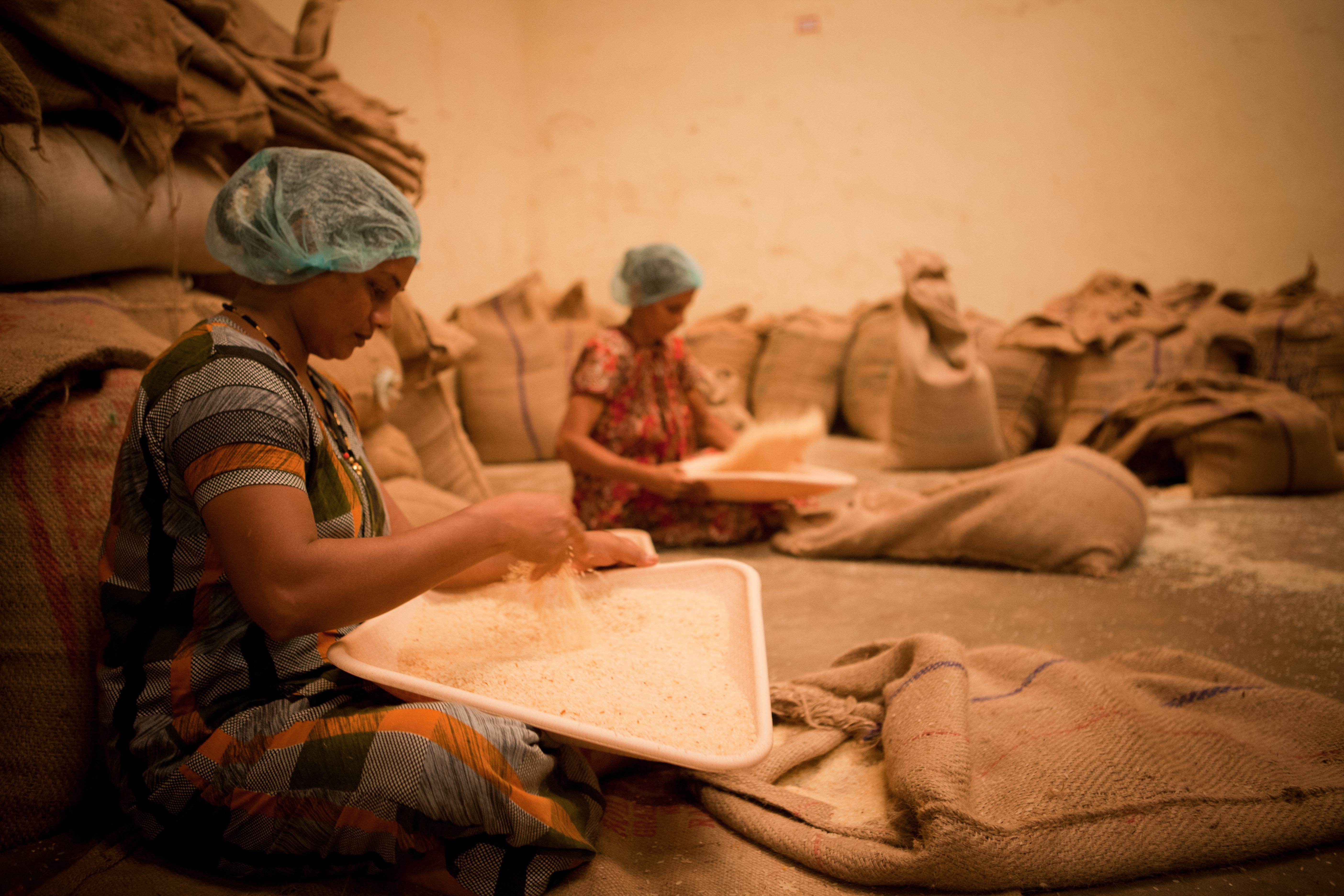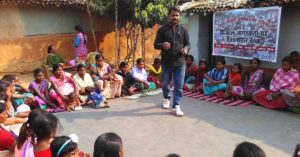TBI Blogs: Three Amazing Women From Delhi’s Urban Slums Are Breaking Gender Stereotypes, One Job at a Time
For many women living in urban slums, self-sustainability and independence from family and societal pressures is a mere pipe dream. However, these three women from South Delhi’s slums are challenging these pre-defined gender roles and making their mark boldly.

For many women living in urban slums, self-sustainability and independence from family and societal pressures is a mere pipe dream. However, these three women from South Delhi’s slums are challenging these pre-defined gender roles and making their mark boldly.
As one walks inside the narrow lanes of Khirki Gao in South Delhi, one encounters women of different age groups doing their household chores. Some of these women work in nearby apartments as domestic workers, whereas some work in nearby factories, and some are self-employed. Most of these women are first-generation migrants from nearby states, are primarily illiterate, and often lack employability and education skills. As one interacts with them, one finds that many desire to work and support their family. However, most often, they are discouraged by their family members from working long hours, or even pursuing a career. Most of these women are married off at a young age, and have four-five children on average. Social, cultural, and economic factors also impact a woman’s healthcare.
AECWF is a non-profit organisation based out of New Delhi that works on increasing livelihood opportunities for underprivileged girls and women living in urban slums. It does this by building skills, providing access to resources and services, changing gender norms and attitudes, and promoting gender-sensitive policies and the environment.
Among the women the organisation has worked with, three women, of different age groups, exemplify the desire to step out of their homes, dare to work, and challenge gender roles.
These women are passionate about becoming economically independent.

Meera (name changed), aged 50, is a mother of three children who has recently been placed by AECWF in a stitching production unit where she engages in cutting and stitching of fabrics. Her oldest daughter is currently studying in a beautician’s course. Meera is motivated to support her daughter so that she, too, can stand on her own feet.
Similarly, Geeta (name changed), aged 18, has also been placed by the same organisation. She also wants to complete her Class X through distant education. At 18, she believes standing on her own feet is very important. Another woman who has been placed is Priya (name changed), aged 23. Priya got married at an early age and shifted to Delhi. This is her first job. When asked if it was difficult to go out and work, she says, “Initially it was difficult to convince my family, but soon it became important to contribute to the joint family, and also fulfil my own desires”.
Geeta and Priya are also residents of Jagdamba Camp. While interacting with the three women, it is evident that they want to support their family but, more importantly, also want to go out and work. It is not an easy decision for them. These are women of different age groups, and their aspirations and dreams are different, but they all have the same desire to support themselves and their families.
Meera wants to educate her children and help them have a better future. On the other hand, Priya and Geeta are young and want to build their careers and explore their dreams. Meera, the oldest among the three, shares that since the income earned by her husband wasn’t enough to run the family, she felt the need to work and support her family of five.
She says that every woman, irrespective of her background, needs to work.

Priya and Geeta complain about the safety conditions in the camps, and how women still cannot work post 6 PM since the area is unsafe. These women want to step out in the competitive world, despite safety concerns. They are ready to work long hours, and six days a week. When asked what they would do with their first salary, Meera grins and says she will support her children’s education, whereas Priya and Geeta want to go shopping and purchase cosmetics and clothes.
All three say that standing on their own feet is more important than anything else, despite societal pressure which expects women to not question and challenge norms and stay at home. These are women without whom our factories and homes cannot function. Therefore, it is important to help them realise their potential, and allow them to lead a dignified life. They are inspirational examples of women traditionally part of the invisible group whose voices often remain in the marginal sections of society, but they are beginning to demand recognition. Defying societal pressure, they are beginning to step out into a brave new world.
Help the Action for Excellence in Children and Women Foundation (AECWF) improve the lives of marginalized women by donating here.
Like this story? Or have something to share? Write to us: [email protected], or connect with us on Facebook and Twitter.
NEW: Click here to get positive news on WhatsApp!
If you found our stories insightful, informative, or even just enjoyable, we invite you to consider making a voluntary payment to support the work we do at The Better India. Your contribution helps us continue producing quality content that educates, inspires, and drives positive change.
Choose one of the payment options below for your contribution-
By paying for the stories you value, you directly contribute to sustaining our efforts focused on making a difference in the world. Together, let's ensure that impactful stories continue to be told and shared, enriching lives and communities alike.
Thank you for your support. Here are some frequently asked questions you might find helpful to know why you are contributing?


This story made me
-
97
-
121
-
89
-
167














